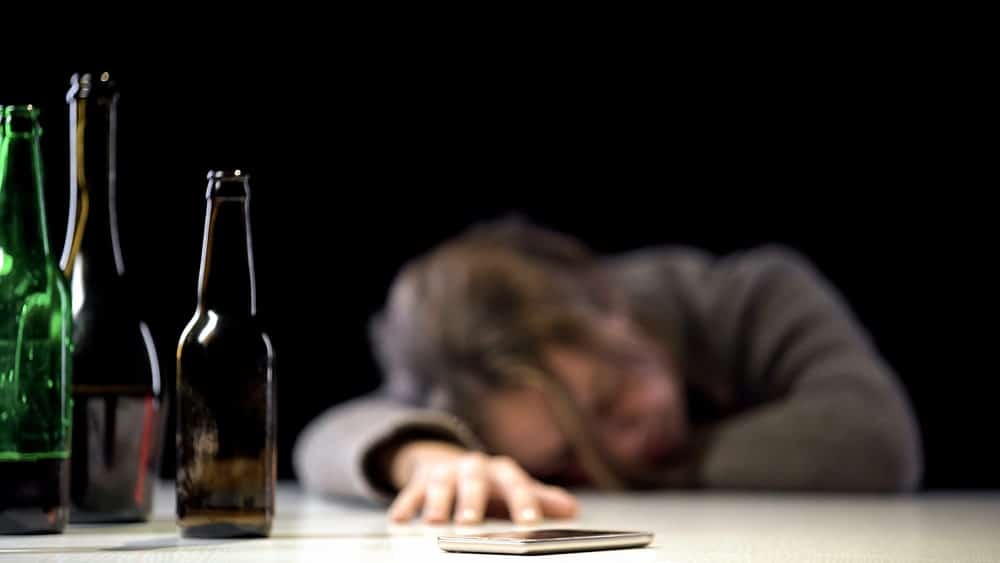Finding out that an underage alcohol violation could jeopardize your UF housing can be both stressful and confusing. University rules mirror Florida law, and even a minor mistake can lead to disciplinary action that affects your dorm rights and student record. Under Florida Statute § 562.111, it is unlawful for anyone under 21 to possess alcoholic beverages in the state.
Understanding how these policies apply is the first step to protecting your future. Students often ask, “Can underage drinking affect UF housing and dorm rights?” The answer is yes, because even without criminal charges, UF may take action through its housing and conduct systems.
This guide explains what counts as possession, how the university responds to violations, and what steps you can take to protect your rights. It also outlines how a Gainesville criminal defense lawyer can help you navigate the process and safeguard your future.

What UF Considers an Alcohol Violation
UF prohibits students under 21 from possessing alcohol in university housing or other campus areas where possession is not authorized, under policies that mirror Florida law. Even without criminal charges, UF Housing may take disciplinary action if alcohol is found in dorms shared by underage residents.
Common Dorm Violations
Most alcohol violations occur inside residence halls when underage students are found with open or sealed containers. Hosting parties where minors handle or store alcohol also counts as a violation, even if no one is drinking. Refusing to cooperate with Resident Assistants or campus police during inspections can escalate the situation and lead to stronger disciplinary action.
Campus Enforcement
Reports of alcohol possession or related conduct are reviewed by Student Conduct and Conflict Resolution (SCCR). Under Regulation 4.040, the university can act when behavior affects community safety or welfare. Even if police do not issue a citation, UF may still impose sanctions that affect housing rights and student records.
When Alcohol Violations Affect Your Housing
UF housing sanctions range from written warnings to permanent removal from residence halls, depending on the case’s severity and a student’s prior record. Under Florida Statute law, furnishing alcohol to anyone under 21 or allowing them to drink on one’s premises is a criminal offense and an aggravating factor in student discipline. Repeated or serious violations can lead to both academic and residential consequences that impact a student’s standing within the university.
Possible Housing Sanctions
Students who violate UF’s alcohol policy may face sanctions that vary by circumstance and intent. First-time offenders often receive written warnings or probation, while repeat offenders may be required to undergo counseling or education programs. In more serious situations, housing transfers or removals occur to maintain a safe and compliant campus environment.
Aggravating Factors
Certain behaviors can intensify penalties and affect a student’s disciplinary outcome. Prior alcohol-related incidents or acts of disorderly conduct demonstrate repeated disregard for campus policy. Hosting gatherings where minors consume alcohol or cause property damage while intoxicated can result in harsher housing sanctions and potential university probation.

How UF Handles Alcohol Incidents
After a report is filed, the Student Conduct and Conflict Resolution (SCCR) office notifies the student and schedules an information meeting to review the case. The process focuses on education, safety, and accountability rather than punishment.
Conduct Process Overview
The disciplinary process gives students a chance to understand and respond to the allegations.
- The written notice outlines alleged violations and the next procedural steps.
- A meeting with a conduct officer allows the student to explain or seek resolution options.
- Formal or informal hearings determine responsibility and possible sanctions.
Rights and Representation
Students are given procedural support throughout the process.
- They may bring an advisor to any meeting or hearing.
- Relevant evidence—such as photos, witness statements, or receipts—can be presented.
- UF Student Legal Services provides guidance on both conduct and criminal implications.
Medical Amnesty and Mitigation
UF’s Medical Amnesty Policy encourages students to seek immediate help during alcohol-related emergencies without fear of automatic punishment. The goal is to prioritize health and safety while still maintaining accountability under university policy. Although the university often grants leniency, decisions are discretionary and depend on each student’s actions and cooperation during the incident.
When Amnesty May Be Granted
Medical amnesty may apply when a student seeks help in good faith for themselves or someone else. The caller must remain with the affected person, assist responders, and follow all required steps afterward. Completing follow-up meetings or programs assigned by Student Conduct and Conflict Resolution (SCCR) is essential for full consideration under the policy.
Scope and Limitations
Amnesty does not erase responsibility but can reduce or waive disciplinary sanctions. Criminal laws still apply, and police may pursue charges if a statute such as underage possession is violated. Students who repeatedly rely on the policy or misuse it may lose eligibility for future amnesty protections.

Long-Term Impact and Prevention
Alcohol-related conduct violations can have lasting effects on a student’s academic standing, leadership eligibility, and scholarship status. Under Florida Statute § 316.193, driving under the influence carries criminal penalties and may also lead to university disciplinary action, including housing consequences if the offense threatens community safety.
Academic and Disciplinary Effects
Consequences vary depending on the severity and frequency of violations.
- Probation or deferred suspension may limit participation in university programs, organizations, or leadership roles.
- Suspension or expulsion can occur for repeated or serious infractions involving alcohol misuse.
- Conduct records may also affect eligibility for study abroad or internship placements.
Prevention and Best Practices
Students can reduce risk through proactive steps.
- Review UF Housing and Alcohol Policies before move-in.
- Avoid storing or displaying alcohol if anyone in the residence is under 21.
- Seek guidance promptly after any citation to protect housing and academic rights.
Conclusion
Underage possession or alcohol-related offenses can have lasting effects on your UF housing and academic future. Even a single violation may lead to disciplinary action, loss of housing privileges, or a permanent mark on your record. Acting quickly and understanding your rights can make a significant difference in how your case is handled.
Knowing Florida law and UF’s policies allows you to make informed decisions and protect your standing. Guidance from our law firm in Gainesville, FL, can help you navigate the process and move forward confidently.
At TOK Legal, we understand how stressful it can be when a UF student is arrested or faces disciplinary action. Our attorneys know how to protect your rights, defend your record, and guide you through university and court proceedings. Contact us today at (352) 290-4115 to speak with a local Gainesville criminal defense attorney. Take action now to safeguard your housing, education, and future.
